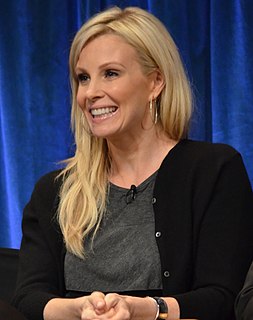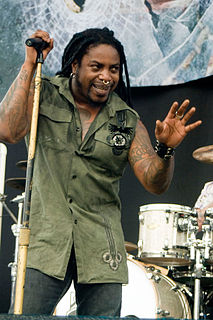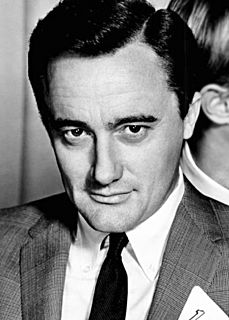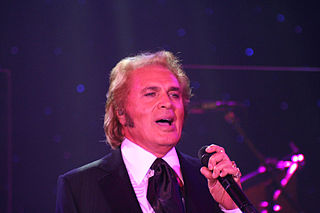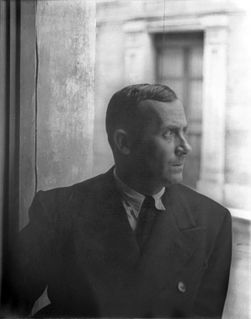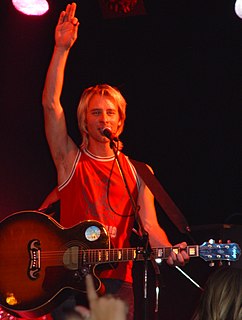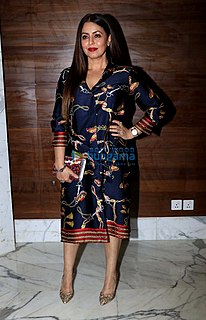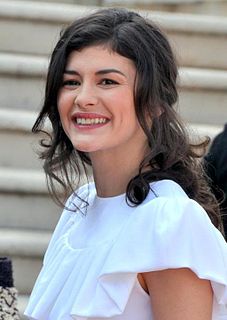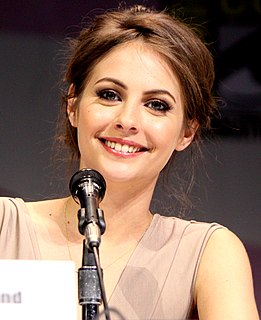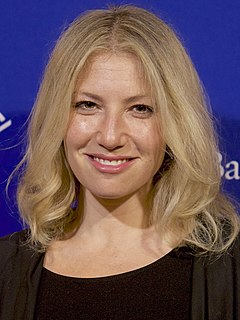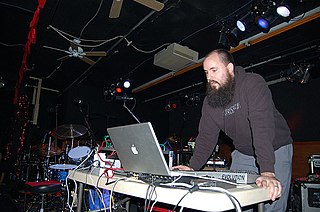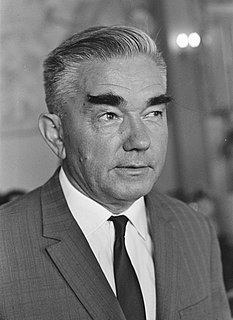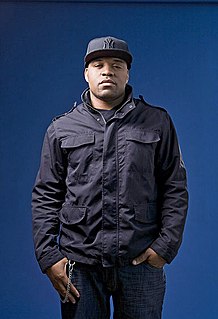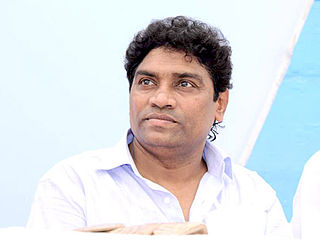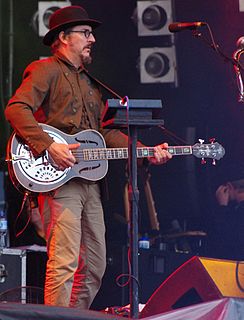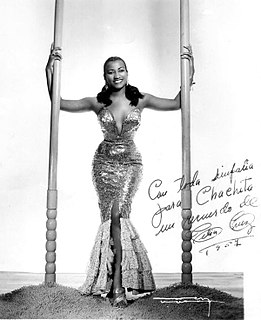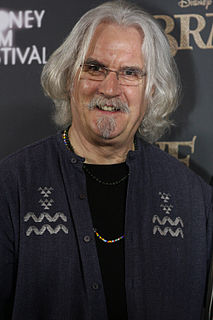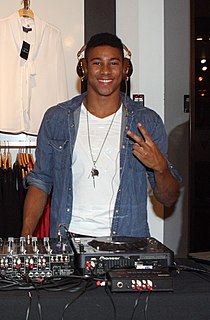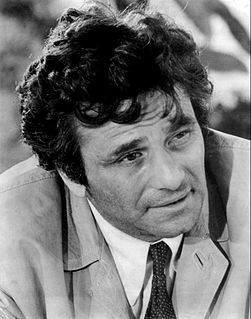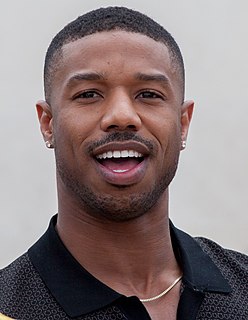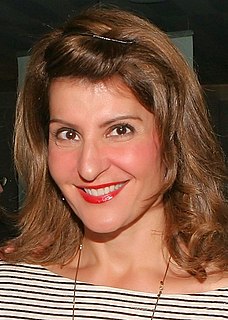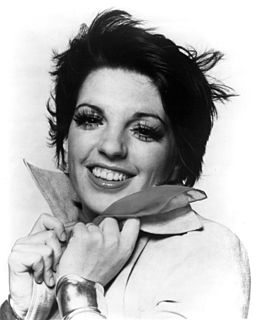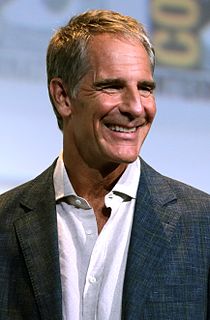Top 1200 Stage Actors Quotes & Sayings - Page 13
Explore popular Stage Actors quotes.
Last updated on November 15, 2024.
It's so easy to disappear into your character because there isn't all this fuss around you, and we keep a closed set, and closed off to all crew members, even, unless we're cut. A lot of times, you're doing a scene in a movie and there are literally 35 people standing behind the camera all waiting to do their job, but here they have to be off the stage. On The Office, it is very much just the actors, a cameraman and a boom operator, like a real documentary, like we really are being documented.
Theatres, actors, critics and public are interlocked in a machine that creaks but never stops. There is always a new season in hand and we are to busy to ask the only vital question which measures the whole structure. Why theatre at all? What for? Is it an anachronism, a superannuated oddity? Surviving like an old monument or a quaint custom? Why do we applaud and what? Has the stage a real place in our lives? What function can it have? What could it serve? What could it explore? What are its special properties?
The big difference I think between tv and stage is definitely the immediate buzz that you get. And that's not just as an actor, as an audience member you're getting the chance to have this kind of two-way process where the actors and the audience are experiencing the same thing. With tv you often have to wait months and months down the line to actually get the pay-off. Whereas with theatre it's a very immediate thing.
I think, in general, straight actors should be able to play queer roles just as much as queer actors should be able to play straight roles. I think the reason why the debate is there is because we haven't had enough queer actors being cast in anything. People are in need of that representation in general.
Who I am on stage is very, very different to who I am in real life. But I don't see that having a sexy image when you are on stage means that you don't love God. No one knows what I'm really like from that. I like to walk around with bare feet and I don't like to comb my hair. I'm always so glammed up and so diva on stage and that's what they see. People don't understand that... No one knows my personal relationship with God and it's not up to me to prove that to anyone.
It was like Mama suddenly realized I was good, that she didn't have to apologize for me. It was the strangest feeling. One minute I was on stage with my mother, the next moment I was on stage with Judy Garland. One minute she smiled at me, and the next minute she was like the lioness that owned the stage and suddenly found somebody invading her territory. The killer instinct of a performer had come out in her.


